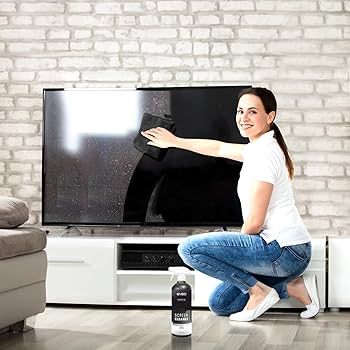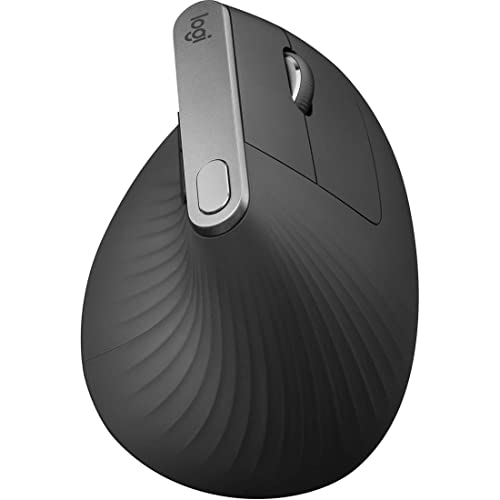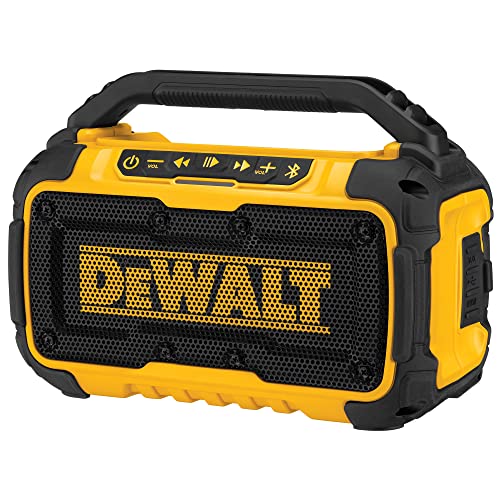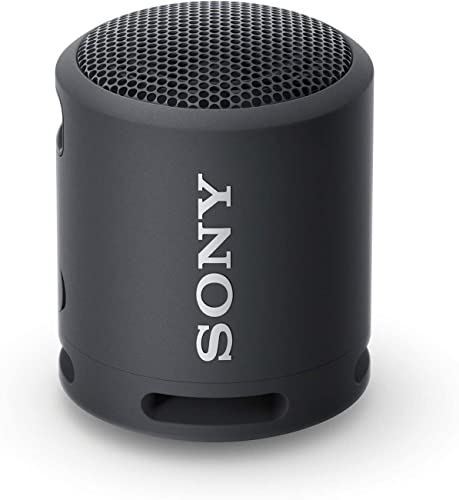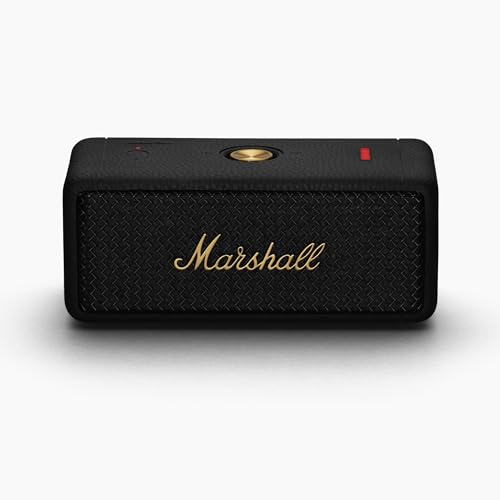Keeping your television screen clean is essential. A dusty and smudgy screen is annoying. It affects your viewing experience. The Television Screen Cleaners, But cleaning a TV screen is not the same as wiping a window pane. Your screen is delicate. It Needs gentle care. This guide will teach you about TV screen cleaners. Cleaners that are gentle and effective.
Why Special Cleaners are Important for Your TV Screen
Normal cleaning liquids can damage your TV. Harsh chemicals are a no-go. They can strip away the protective coatings. This can result in permanent smudges. That’s why it’s important to use special TV screen cleaners. They are made to be gentle on screens.
Common Risks With Improper Cleaning:
- Damage from harsh chemicals
- Scratches from using abrasive cloths
- Streaks left by inappropriate cleaning methods
Choosing the Right TV Screen Cleaner
Different screens need different cleaners. Some are for LED screens. Others are made for LCDs or plasmas. Always check your TV’s manual. It will guide you on what cleaner is best.
Ingredients To Avoid:
- Ammonia
- Alcohol
- Acetone
- Chlorine
- Ethyl acid
Safe Ingredients Include:
- Distilled water
- Natural surfactants
Steps for Cleaning Your TV Screen the Right Way
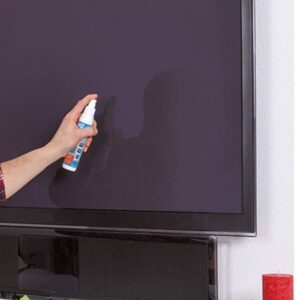
Cleaning a TV screen is an easy process. Follow these simple steps:
- Turn off your TV. Let it cool down.
- Gently wipe the screen with a dry, soft cloth to remove dust.
- If needed, use a cleaner. Spray a little on a cloth, not directly on the screen.
- Gently wipe the screen. Don’t press too hard.
- Use a second dry cloth to wipe any extra moisture.
- Enjoy your clean screen!
DIY TV Screen Cleaner
Sometimes, a simple home solution works well. You might not even need a store-bought cleaner. A homemade mix can be just as effective!
Here’s A Simple Diy Recipe:
| Ingredient | Quantity |
|---|---|
| Distilled water | 1/2 cup |
| White vinegar or isopropyl alcohol | 1/2 cup |
Combine these in a spray bottle. Use it as described in the cleaning steps above.
Microfiber Cloths – The Gentle Touch Your Screen Needs
A soft microfiber cloth is perfect for screens. It doesn’t scratch or leave lint. It can wipe away finger marks and dust easily. Always keep one on hand for regular dusting. This will prevent dust build-up on your screen.
What to Do if You Have Stubborn Stains
Sometimes you have stubborn spots on your screen. Don’t use force to scrub them away. Apply a bit more of the cleaner. Let it sit for a minute. Then, gently wipe it away. Repeat if needed.
Important Reminder:
Never spray water or cleaner directly onto your TV. This can cause serious damage. Always spray onto your cloth first.
The No-No List: What Not to Use When Cleaning Your TV Screen
- Paper towels
- Rough fabrics
- Tap water
- Generic glass cleaners
Frequently Asked Questions Of Television Screen Cleaners: Ultimate Guide For A Crystal View
Can Diy Screen Cleaners Damage Tv?
Using inappropriate DIY mixtures can potentially cause irreparable damage to television screens, especially those that are alcohol or ammonia-based.
How Often Should I Clean My TV Screen?
Regular dusting is recommended weekly, while a thorough cleaning is best done monthly to maintain optimal viewing quality.
What’s The Best Cloth For Screen Cleaning?
Microfiber cloths are the safest and most effective for cleaning TV screens without scratching or leaving lint.
Are Screen Cleaning Wipes Safe For All TVs?
Screen cleaning wipes vary; always check if they’re compatible with your TV’s screen type to avoid damage.
What is the best thing to clean TV screens?
The best thing to use for cleaning TV screens is a microfiber cloth, ideally one that’s specifically designed for electronics. These cloths are soft and non-abrasive, ensuring they won’t scratch the screen while effectively removing dust and fingerprints.
What cleaner should I use on my TV screen?
For cleaning your TV screen, use a solution made specifically for electronics. Alternatively, you can create a mixture of equal parts distilled water and white vinegar. Avoid using cleaners containing alcohol, ammonia, or acetone as they can damage the screen’s surface.
Is glass cleaner good for TV screen?
No, traditional glass cleaners are not recommended for TV screens. Such cleaners often contain ammonia or alcohol, which can strip away or damage the screen’s protective coating, leading to clouding or discolouration.
Can I use water to clean TV screen?
Yes, but it’s important to use distilled water to avoid leaving mineral spots, and it should be used sparingly. Lightly dampen a microfiber cloth with distilled water—never apply water directly to the screen—and gently wipe the screen to avoid water damage to the components.
How can I clean my TV screen naturally?
To clean your TV screen naturally, mix equal parts of distilled water and white vinegar in a spray bottle. Lightly spray the solution onto a microfiber cloth and gently wipe the screen. This method is safe for most screens and effectively removes dust, fingerprints, and smudges without using harsh chemicals.
How do I clean my LED TV screen?
Cleaning an LED TV screen requires a gentle touch to avoid damage. First, turn off the TV and allow it to cool. Use a dry microfiber cloth to dust the surface. If needed, dampen the cloth with a solution of distilled water and white vinegar or a cleaner designed for electronics, wring it out well, and then gently wipe the screen. Avoid pressing hard on the screen and ensure the cloth is not excessively wet.
What is the best homemade cleaner for flat screen TVs?
The best homemade cleaner for flat-screen TVs is a simple solution of 50% distilled water and 50% white vinegar. Mix the solution in a spray bottle, spritz it onto a soft, clean microfiber cloth, and then gently wipe the screen surface. This homemade solution is effective, safe, and economical for routine cleaning.
How do you clean an LCD screen?
To clean an LCD screen, ensure the device is turned off and cooled. Gently dust the screen with a soft, clean microfiber cloth to remove any loose dirt or debris. For more stubborn spots or fingerprints, dampen the cloth with a mixture of distilled water and white vinegar—never apply the liquid directly to the screen. Wipe the screen gently without pressing too hard to avoid damaging the LCD pixels.
Conclusion
Keeping your TV screen clean enhances your viewing experience. Always choose the right cleaner. Use a gentle touch. A microfiber cloth is a must-have tool. If you clean your screen the right way, it will last longer. It will give you a clear view for all your movie nights and more. Happy cleaning!
